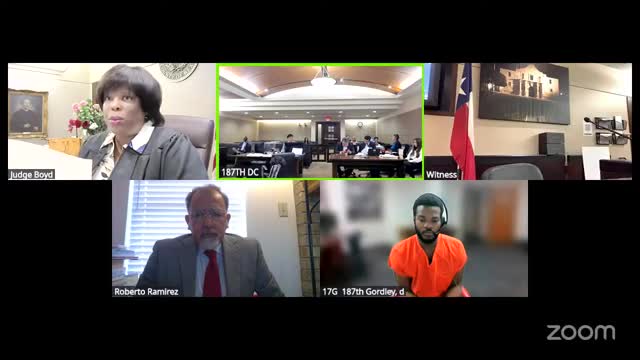Article not found
This article is no longer available. But don't worry—we've gathered other articles that discuss the same topic.
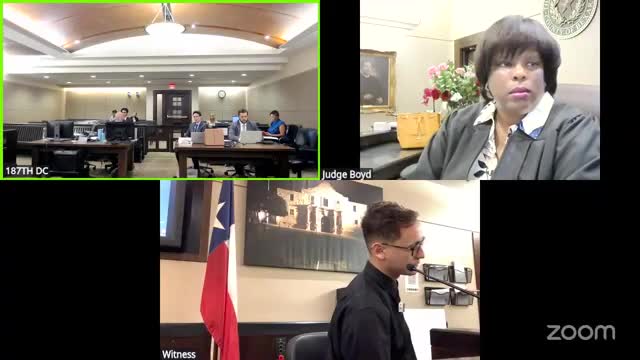
Defendant testifies in shooting trial: admits firing but says he did not see police, cites intoxication and later memory recovery
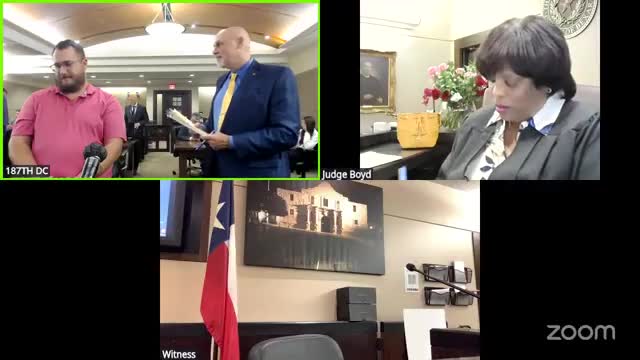
Judge revokes probation, sentences Victoria Sanchez to three years after condition violation
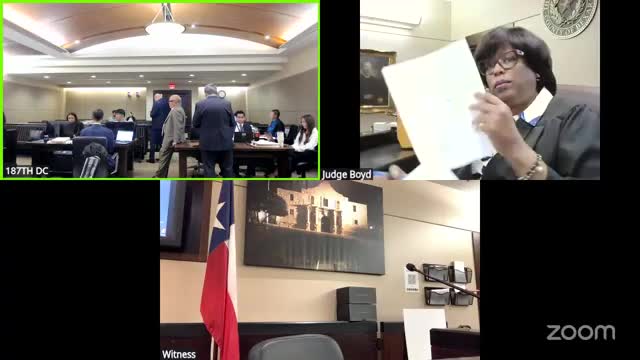
Charles Smith pleads guilty to attempted fraudulent use; court orders restitution and schedules payment
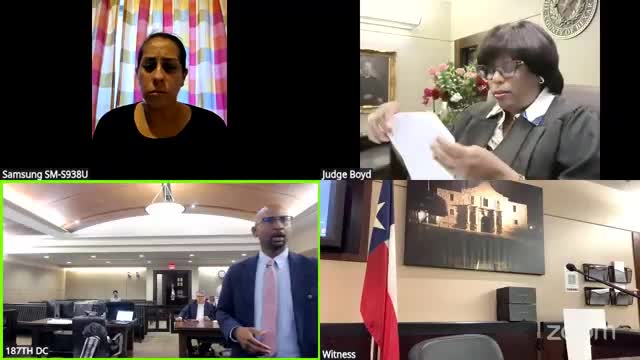
Probation officer: Sylvia Noriega’s case to be modified; court to sign fee modification and consider termination after payment
